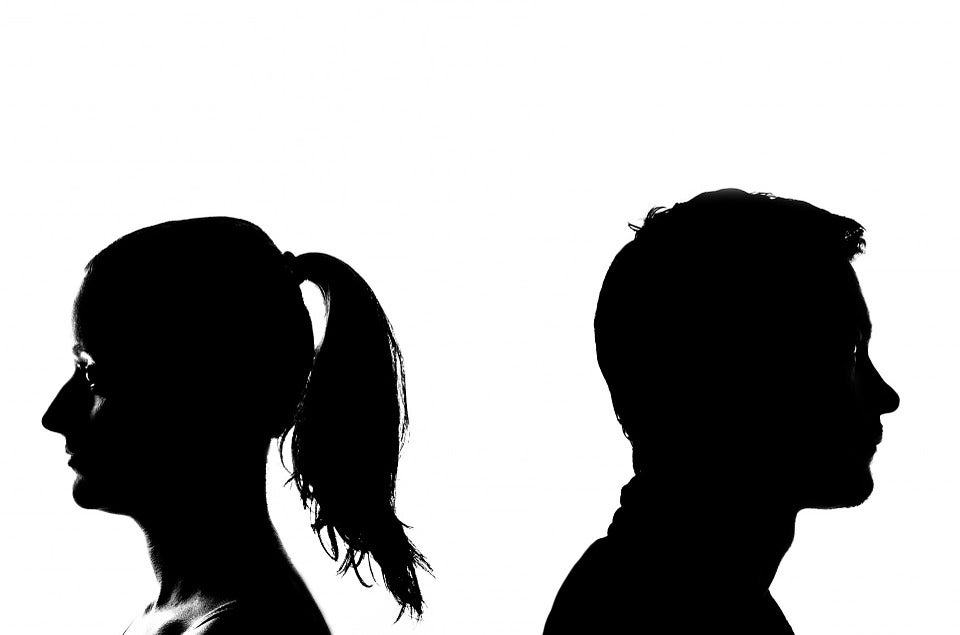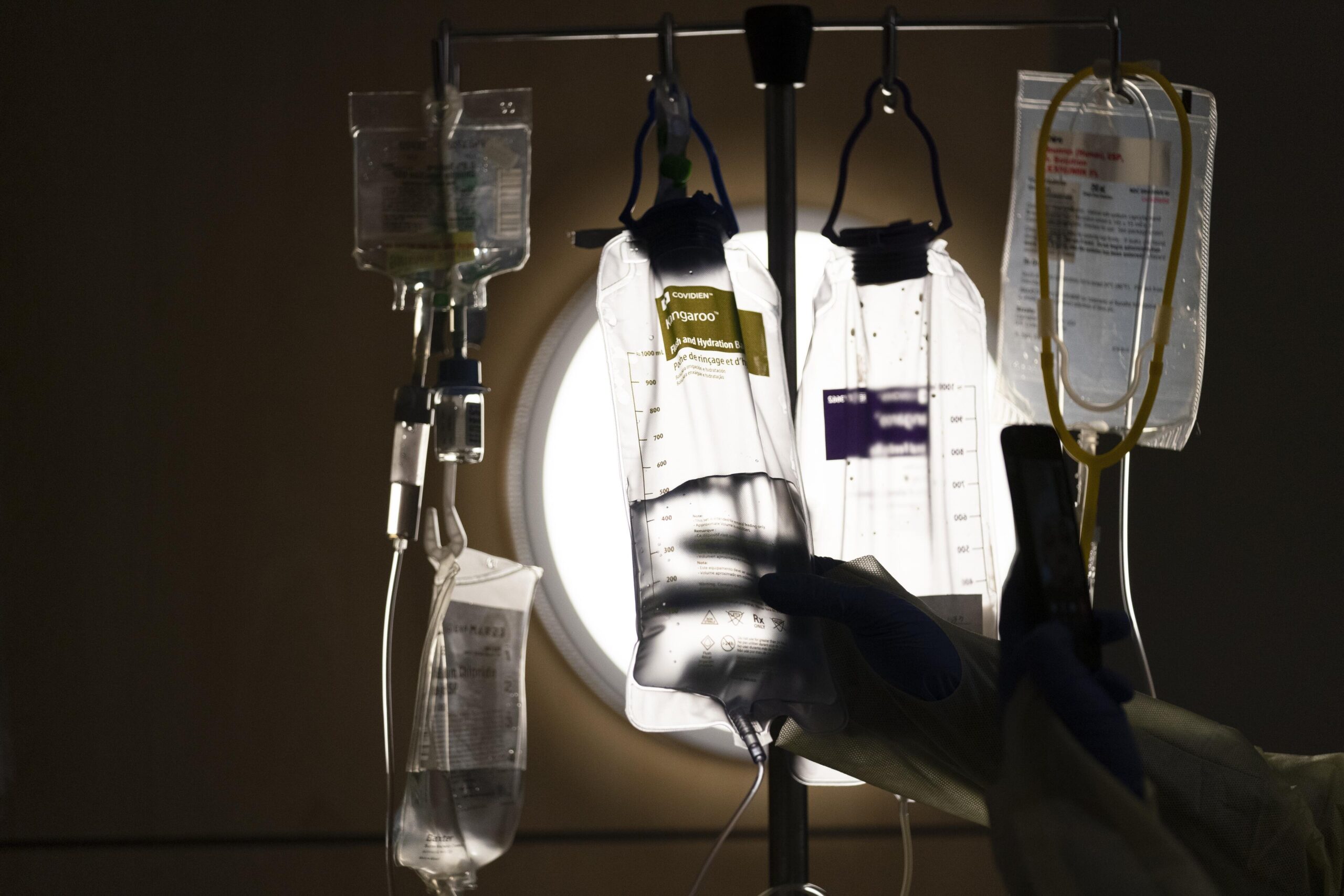When was the last time you didn’t get what you wanted? Did you get angry? What did you do with that anger? How did it affect the people around you?
University of Wisconsin-Green Bay professor Ryan Martin has been collecting data for the past four years as part of the Anger Project, in an effort to learn more about when and how often people get angry.
His analysis has found that men report being angry more often than women on a daily basis, and they experience more anger-related consequences than women.
News with a little more humanity
WPR’s “Wisconsin Today” newsletter keeps you connected to the state you love without feeling overwhelmed. No paywall. No agenda. No corporate filter.
Martin told WPR’s “Wisconsin Today” these problems with anger don’t just affect the person feeling hot-headed.
“When they damage a relationship, they damage a relationship with some other person,” Martin said. “When they get into a fight, they put other people at risk. When they drive dangerously, they put other people at risk.”
“And so this is a problem that extends beyond just the people who are feeling the emotion and really speaks to a problem we’ve got to deal with,” he continued.
Martin talked with “Wisconsin Today” about these findings and why there may be a difference between how men and women feel and express anger.
The following was edited for clarity and brevity.
Rob Ferrett: When I’ve spoken with you in the past, you’ve made the case that anger is not inherently a negative emotion. We might see an injustice in the world and our anger might drive us to take positive action to change it. However, you argue here that anger does have negative consequences and can lead people to harm themselves or others.
Ryan Martin: I would argue, like any emotion, it’s not inherently negative or inherently positive. It’s really a signal. It’s a way that our brain essentially communicates to us that we might have experienced an injustice or poor treatment, or we’re having our goals blocked.
What matters is what we do with that signal. And so what I often tell people is you’ve got to first unpack what it means and evaluate: Have those things really happened to me? Have I experienced an injustice? And then you’ve got to decide what you’re going to do with it, because it provides a certain amount of energy.
What is going on here is that anger is being channeled into activities or into things that are leading to these negative consequences — either because they don’t know how to control it and channel it appropriately, or because they don’t know how to cope with it. And so they’re turning to things like alcohol and drugs or other sorts of unhealthy ways of dealing with it.
“It seems as though many men are reacting to not getting something they want as a real significant provocation.”
Ryan Martin
RF: Why might men be feeling angrier more frequently than women?
RM: We can identify three broad types of provocations. One is poor treatment. One is experiencing or witnessing an injustice. And then the last is what we call “goal blocking,” or not getting something that you want.
What we see is pretty similar results [between men and women] when it comes to the degree to which poor treatment leads to anger, pretty similar results when it comes to witnessing or experiencing injustice. The biggest difference is the “not getting what I want” [reason]. It seems as though many men are reacting to not getting something they want as a real significant provocation.
I wish the data allowed us to unpack this further, but we have to speculate a little bit about what that means. There are different ways to react to not getting what you want. You could react with sadness. You could even react with fear, some anxiety. So men are gravitating, it seems, to reacting to anger in a way that women don’t do as often. I think it’s worth considering … what is it about how we treat boys and men that might be leading to that sort of response instead of some other emotional response?
RF: Where does this sense of entitlement come from?
RM: I wish there was just a single answer. Much of what we’re talking about right now has to do with how boys and girls are raised, and some of the very clear messages but also the implicit messages that they get throughout their lives. I think what it really suggests is that we are giving really explicit and implicit messages to men that they deserve things, and we’re not giving those messages to girls the same way. A big piece of it starts there.
I think boys are also taught that sadness and fear are not emotions they should show. So anger becomes a much safer emotion for them … but instead of showing that disappointment, they gravitate towards anger, because it’s safer for them.
The truth is that those messages come from everywhere. They come from social media. They come from peers. They come from teachers, other models out there — sports and so forth — in a really significant way. And I think that what is required right now is some bravery from a lot of people to break that cycle a little bit and to say, “It’s OK to be sad. It is OK to share that. It is OK to admit that you are feeling scared,” and then decide what you want to do with those emotions.
Wisconsin Public Radio, © Copyright 2025, Board of Regents of the University of Wisconsin System and Wisconsin Educational Communications Board.






